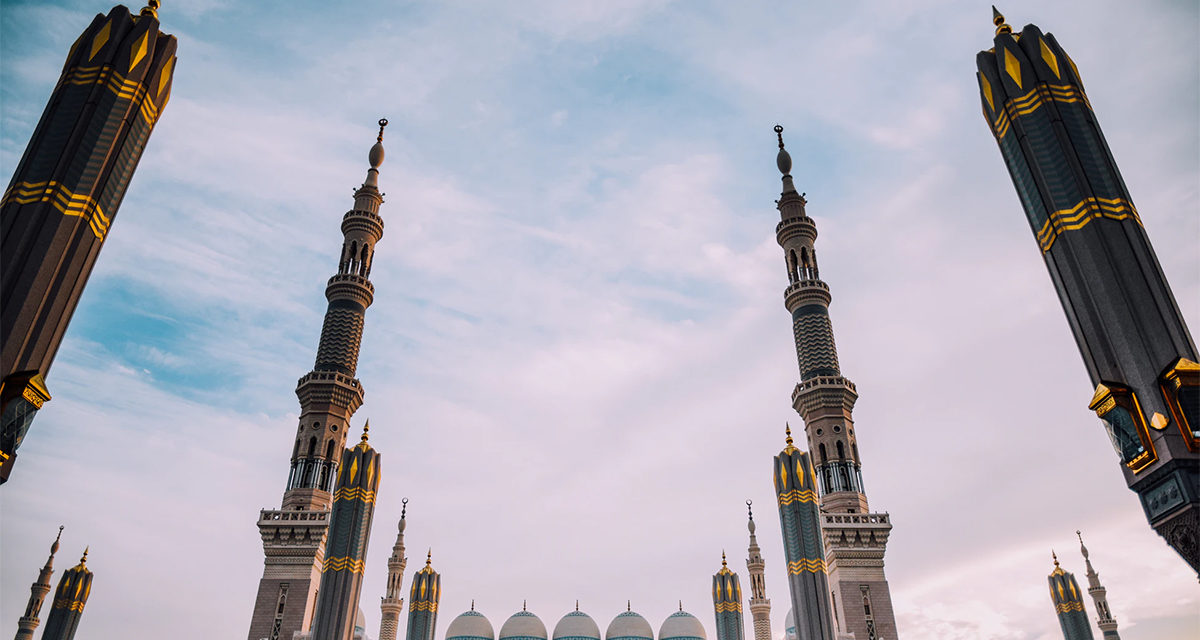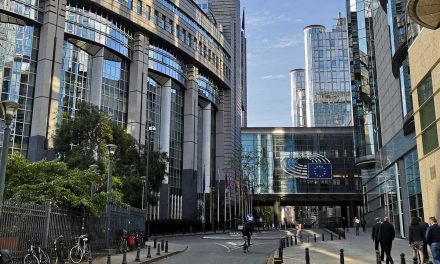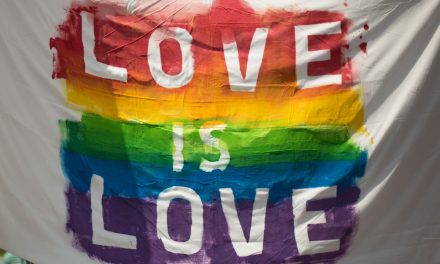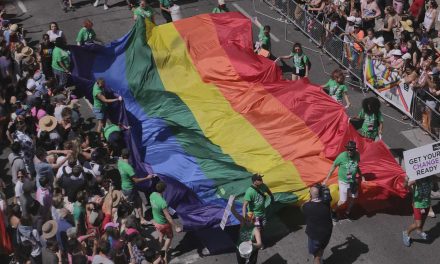From utilising celebrity influencers to attempting to rectify widespread human rights abuses, Saudi Arabia is pulling out all kinds of stops in order to modernize – a feat propelled by Crown Prince Mohammad bin Salman.
Recently, the Kingdom announced that it would be banning flogging as a form of punishment, replacing it with prison sentences or fines instead. This marks a significant change for the country, as flogging was used to punish a series of crimes ranging from blasphemy, adultery and homosexuality. However, other draconian measures like beheading for murder and amputations for theft remain in use. Activists have also called to attention that shortly before the decision, a prominent human rights campaigner died in prison due to medical neglect.
Two days after the decision was announced, Saudi Arabia’s Human Rights Commissioner revealed that the country will no longer be imposing the death penalty on those who committed crimes as minors.
“The decree helps us in establishing a more modern penal code and demonstrates the Kingdom’s commitment to following through on key reforms across all sectors of our country as part of Vision 2030, directly supervised by the Crown Prince Muhammad bin Salman,” said Awwad Alawwad, President of the Saudi Human Rights Commission (HRC) on Monday.
Another milestone for the nation, however once again, one that doesn’t go far enough. In 2019 alone, 184 people were executed in the Kingdom. In the Crown Prince’s 5-year rule, roughly 800 executions have taken place. While it’s an improvement that children are removed from this equation, the culture of executions is still commonplace in the country.
After the murder of Washington Post journalist Jamal Khashoggi in 2018, bin Salman has been dedicated to rebranding Saudi Arabia’s negative global image while attracting tourism and foreign direct investment. Last year, the Crown Prince announced a series of reforms for women’s rights which included a lift on a ban of women drivers – the only nation to still have a ban on women driving – and the ability to receive a passport without a male guardian present. However, on closer inspection, the power a male guardian has supersedes any new reforms for women.
Read more: Are Saudi Arabia’s New Reforms for Women a Front?
Influencer Marketing
Last year, Saudi Arabia played host to an electronic music festival that saw the likes of David Guetta and Steve Aoki perform. Saudi Arabia used this opportunity as a form of image rehabilitation, employing actors, models and other influencers to create content in favour of the country. However, the move sparked widespread outrage. Many called out the strategy as propaganda, citing the death of Khashoggi – which occurred only a year before – and the rampant human rights abuses happening in the country and the humanitarian crisis it wages in Yemen.
While it may appear as though Saudi Arabia is making significant strides in addressing human rights abuses, underneath the surface, women are still being arrested, dissents are still being murdered and the country still evades accountability. Until the country takes responsibility to uphold all basic human rights, its attempt at surface rebranding may not see fruit to form a more modern and progressive image.
- This Artist is Making the Underwater Arena His Canvas - 28th April 2021
- A Video Game that Promotes Peace and Conflict Resolution - 15th March 2021
- Netflix’s ‘Living Undocumented’ is a Difficult Series to Watch, and Exactly Why We Should - 9th March 2021






